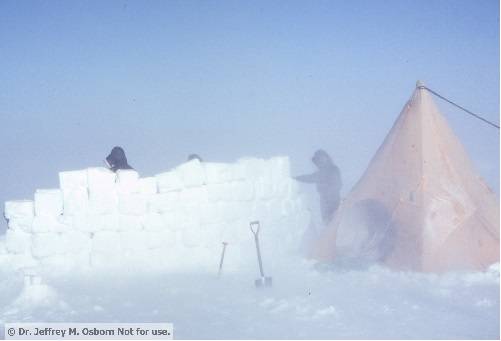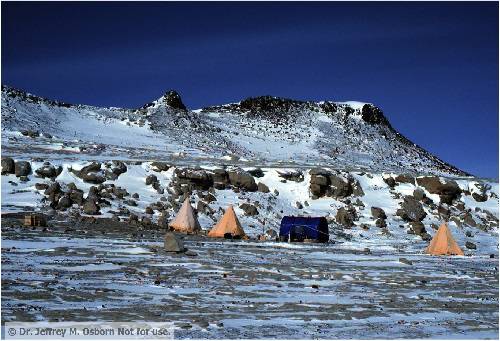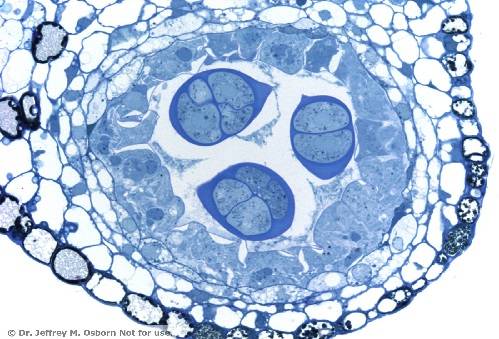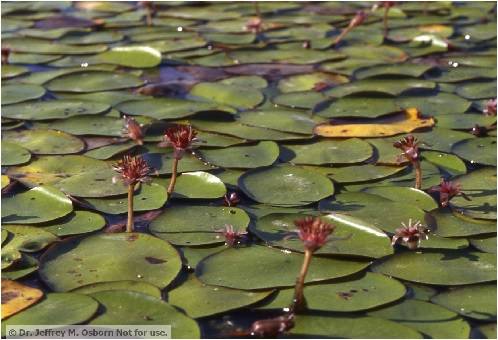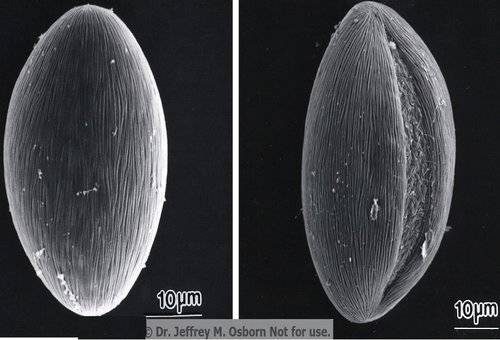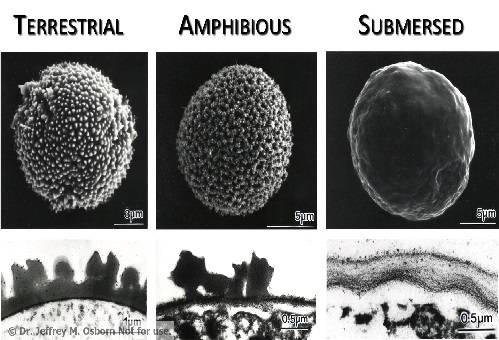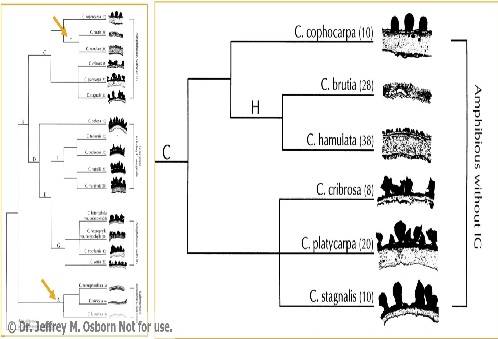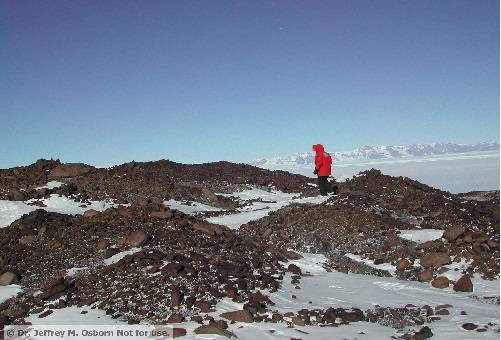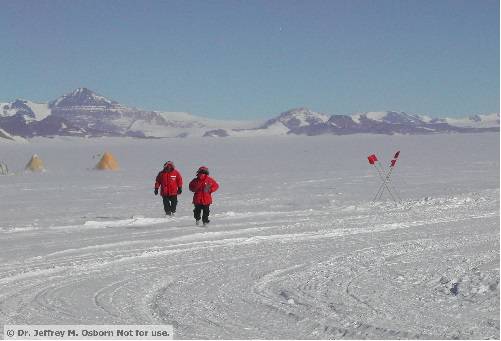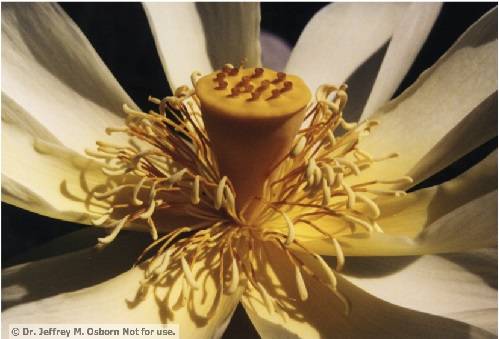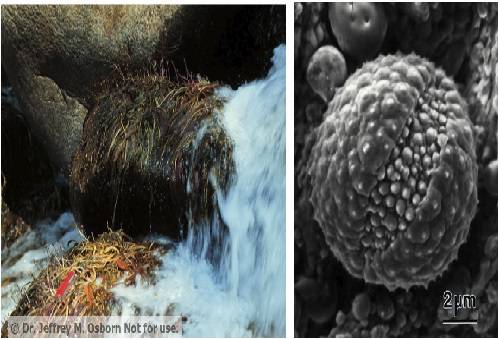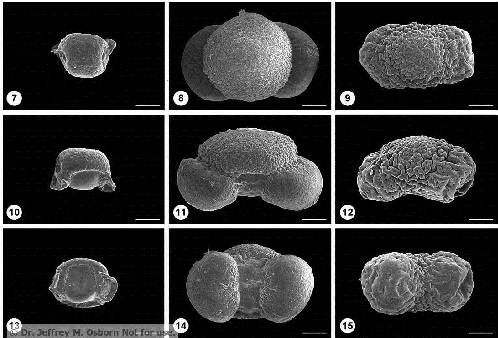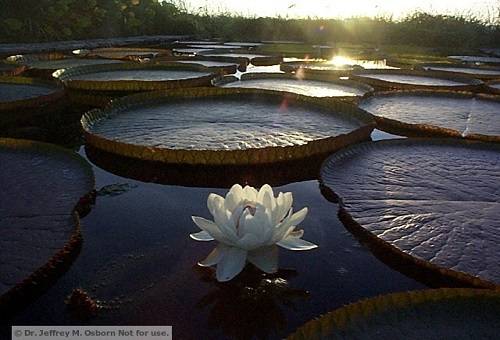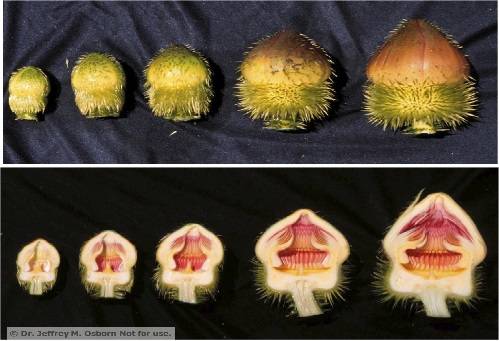Catalog Description
4 hours
This course presents the unifying concepts of biology with a focus on the nature and the philosophy of biological science, evolution by natural selection and the central role of DNA in evolution. Cellular and molecular levels of organization are studied. Laboratory investigations are included. Required of all biology majors.
Course Syllabus
| Date | Lecture Topic | Week’s Lab |
|---|---|---|
| 8/27 | Introduction | Diversity I |
| 8/29 | Studying biology | |
|
|
||
| 9/3 | Biological chemistry | Diversity II |
| 9/5 | Cell structure and function | |
|
|
||
| 9/10 | Cell structure and function | Diversity III |
| 9/12 | The cell membrane | |
|
|
||
| 9/17 | The cell membrane | Diversity IV |
| 9/19 | Cell reproduction | |
|
|
||
| 9/22 | Exam Review (Optional; 4:00 – 5:30 pm, MG 124) | |
| 9/24 | Lecture Exam 1 | Cell / Genetics 1 |
| 9/26 | Cell reproduction | |
|
|
||
| 10/1 | Cell reproduction: Mendelian genetics | Cell Reprod / Genetics 2 |
| 10/3 | Mendelian Genetics | |
|
|
||
| 10/8 | Mendelian Genetics | Natural Selection 1 |
| 10/10 | Molecular Genetics | |
|
|
||
| 10/15 | Molecular Genetics | No Lab meeting (work on projects) |
| 10/17 | Principles of Evolution | |
|
|
||
| 10/21 | Exam Review (Optional; 8:30 – 10:00 pm, MG 124) | |
| 10/22 | Lecture Exam 2 | Natural Selection 2 |
| 10/24 | Principles of Evolution | |
|
|
||
| 10/29 | Mechanisms of Evolution | Natural Selection 3 |
| 10/31 | Mechanisms of Evolution | |
|
|
||
| 11/5 | Origin of species | Nat Sel 4/Geno to Pheno 1 |
| 11/7 | Origin of species | |
|
|
||
| 11/12 | Phylogeny | Genotype to Phenotype 2 |
| 11/13 | Exam Review (Optional; 8:30 – 10:00 pm, MG 124) | |
| 11/14 | Lecture Exam 3 | |
|
|
||
| 11/19 | Enzymes and Metabolism | Enzymes I |
| 11/21 | Enzymes and Metabolism | |
|
|
||
| 11/26 | Photosynthesis | No Lab |
| 11/28 | Thanksgiving holiday | |
|
|
||
| 12/3 | Photosynthesis | Enzymes II |
| 12/5 | Cellular respiration | |
|
|
||
| 12/10 | Cellular respiration | No Lab |
|
|
||
| 12/14 | Exam Review (Optional; 4:00 – 5:30 pm, MG 124) | |
| 12/16 | Final Exam (7:30-9:20 am) | |
Course Information
| Instructor: | Dr. Jeffrey M. Osborn |
| Magruder Hall 251 | |
| 785-4017 | |
| Office Hrs: | Mon: 9:00 am – 10:30 am |
| Thurs: 10:30 am – 12:00 pm | |
| & by appointment | |
| Lecture: | 9:00 am – 10:20 am, Tuesday & Thursday, Magruder Hall 274 |
| Laboratory: | Section 61 – 11:30 am – 2:20 pm, Tuesday, Magruder Hall 117 |
| Section 62 – 2:30 pm – 5:20 pm, Tuesday, Magruder Hall 117 | |
| Text: | Biology, 6th edition, by N. A. Campbell and J. B. Reece. |
| (Benjamin Cummings, San Francisco; 2002). | |
| Lab Manual: Biology 107 Lab Manual, 4th edition, by Biology Faculty, Truman State University. (Outernet, Eden Prairie, MN; 2002). | |
| Readings: Biology 107 – Introductory Biology Readings. (Osborn-Course Pack; Fall 2002). | |
| Study Guide: (Optional) Study Guide for Biology, 6th edition (N. A. Campbell and J. B. Reece) by M. R. Taylor. (Benjamin Cummings, San Francisco; 2002). | |
| Biology Seminars: The Truman Biology discipline hosts a weekly Biology Seminar Series in which professional biologists from around the state and country visit our campus to present up-to-date research seminars. Biologists whose research interests are specialized in a wide variety of sub-disciplines will present talks over the course of the year. You are invited and encouraged to attend all seminars. Regular announcements will be made in class to inform you of the schedule. | |
| Bulletin Boards: Several Biology bulletin boards (e.g., “Botany,” “Genetics”) are located throughout Science Hall. Relevant information is posted on these boards and might be of interest to you (e.g., Botany Courses at Truman, Fellowships, Job Announcements, Graduate Schools, Medical Schools, Upcoming Meetings, Upcoming Seminars, etc.). | |
Course Policies
- Evaluations:
Lecture – Three 80 minute examinations will be taken during the course; each of these will principally cover information presented since the previous exam. A final examination will be taken during the University-scheduled two hour time block. Approximately fifty percent of the final will cover material presented in the last unit of the course and the remaining fifty percent will be comprehensive. The format of all exams will consist of an array of question types, including objective-type (i.e., multiple choice, matching, true-false, fill-in-the-blank, etc.), short answer-type, and long essay-type.Laboratory – Several quizzes, as well as in-lab/homework assignments will be given during the semester. Dates of quizzes and assignments will be announced. One written laboratory report will also be prepared summarizing your observations and experimental results from the multi-week “Natural Selection” laboratory.
Make-up exams and quizzes – “Make-ups” will not be given unless the absence is due to either some type of an emergency or an officially approved university activity, and documented evidence is presented. For an emergency situation, please contact me as soon after the occurrence as possible, preferably within 24 hours of the scheduled exam/quiz. As for absences due to university activities, I must be notified prior to the exam/quiz. In the event a “make-up” exam is warranted, a “make-up” will consist of substituting your final exam grade for the missed exam.
Final Exams – The date of the lecture final is pre-scheduled by the University, and will not be given early.
- Grading Policy:
Grades will be based on an accumulation of up to 600 points. Lecture (75%) Lecture exams (3 @ 100 pts each) 300 pts Lecture final exam 150 pts Lab (25%) Lab quizzes/worksheets (5 @ 20 pts each) 100 pts Lab report 50 pts ——-
600 ptsFinal grades will be based on the following scale. A 90 – 100% B 80 – 89% C 70 – 79% D 60 – 69% F ≤ 59% - Attendance:
Regular attendance will not be taken in lecture sessions; however, you will be responsible for all information presented during a missed lecture. Significantly, specific text readings will be assigned during lectures, large portions of lectures as well as handouts will come from sources other than your text, and scheduling changes may be announced during lectures; thus, your attendance at all lectures is strongly recommended.Regular attendance will be taken in each laboratory. Missed labs cannot be made up.
Tardiness – Persistent tardiness is distracting to both your instructor and fellow classmates, please make every effort to arrive at all lectures and laboratories on time.
Opportunities For Extra Help
- Office Hours: I have regularly scheduled office hours three days a week and will be available during these times to answer questions, review material, generally chat about biology, etc. If these times are inconvenient, please feel free to set up an appointment that will be mutually compatible with both of our schedules.
- Review Sessions: I generally schedule help sessions prior to the exams in order to answer questions over the relevant material and address student concerns. Dates for these reviews are pre-scheduled this semester and are indicated on the course schedule (page 1).
- Tutoring: Tutoring for Biology 107 is available free of charge from Beta Beta Beta, the Biology Honor Society. The schedule for tutors will be forthcoming.
- Math Lab: Students having difficulties with math can obtain help at the Math Lab.
- Writing Center: Students having difficulties with their writing skills can seek help from the Writing Center (McClain Hall; 785-4484).
- Academic Planning Services: For assistance in overcoming academic planning problems, contact either your Academic Advisor or the counselors at Academic Planning Services (McClain Hall; 785-4136). Science majors will find Ms. Debbie Kling especially helpful.
Truman’s Liberal Studies Program
Biology 107 satisfies two components of the University’s Liberal Studies Program, including
- The Life Science Mode of Inquiry
- The Communication Mode of Inquiry.
Life Science Mode Of Inquiry
- Have experienced scientific research in a laboratory setting, including experimental design, the collection and analysis of data, and the interpretation of results.
In the laboratory sessions students will engage in some of the above experiences. Throughout the course of the semester students will have the opportunity to engage in these aspects at in open-ended laboratory exercises. Students are encouraged to think critically about their questions, experimental design, data collection and interpretation and how they will defend their results. - Understand the evaluative process by which scientific theories are generated, tested and either accepted, revised or rejected.
Throughout the course, both in the classroom and lab, we will be discussing and exploring the evidence for what we think we know. We will discuss classic experiments that have been performed, and ask what we learn from those, what questions the results lead us to ask, and whether we find the data sufficient to accept the hypothesis being tested. Class discussions will reinforce the understanding of the scientific use of terms such as theory, hypothesis, fact, and truth, and how these differ from their usage by non-scientists. During the labs, students will be performing this same process on the experiments they are conducting, so that they are actually doing the evaluations of their own hypotheses. - Appreciate science as a human endeavor, including some aspects of its history and its application to the needs of human civilization.
As we discuss the process of science we will discuss the human nature of science. We will discuss why the scientific community accepted certain experiments more readily than others, and understand that we are finding what we know to be the most correct truth, but that we are always limited by our biases. We will discuss examples from the history of biological inquiry, such as the discovery of DNA as the hereditary molecule and the evidence in support of evolution, that show science as a human endeavor. In addition, applications to the needs of human civilization will be discussed. - Have the ability to appreciate the entirety of the living world, including its evolution, complexity, inter-relatedness, and the diversity of life.
Laboratories and field excursions introduce students to the complexity, diversity, adaptation and inter-relatedness of living things. The first part of the course focuses on the nature of science and evolution as a key to diversity (visiting all kingdoms of life during the course). The complexity of individual systems is explored in areas such as the relationship between genotype and phenotype, and the role of enzymes in cellular processes. We seek to tie these more specialized areas into the concept of the entirely of the living world, by returning to discussions of evolution throughout the course. - Understand the unifying principles of life and repeatable patterns in nature.
Students gain knowledge that helps them make their own inferences about living things, based on some level of content understanding. We discuss, for example, the central role of DNA in the history of life on earth, the inter-relatedness of all living things on our planet and the molecular processes that are common to all known life on earth. We tie together major themes to see that biology is not a series of unrelated facts, but a concert of repeating patterns with strong unifying principles.
Communication Mode Of Inquiry
- To understand and participate in the process of communication and to examine both the potential and the limitations of any particular medium of communication, symbol system or language.
- We will discuss how scientists communicate through written, visual and/or oral presentation of their work.
- Students will learn how the use of what seem to be common terms, such as theory, fact, truth and prove, differ between science and non-science modes.
- Through critique of selected forms of scientific communication (e.g., articles, videos, internet, posters, oral presentations, etc.), students will begin to understand how scientists communicate their findings to the scientific community and/or the public at large.
- Students will pose research questions, solve problems using the scientific method, and learn the art of persuading their peers and/or instructor as to the nature of the results of their research.
- To consciously use the communication process to investigate, discover, identify or create knowledge.
- Working in groups, students will discuss their current knowledge, make observations, then formulate hypotheses (problem posing) that they present.
- The group will make appropriate adjustments as they refine their hypotheses, reflect on these adjustments and then perform experiments that test their hypotheses.
- Students will synthesize knowledge gained through research projects and will present their findings.
- To analyze, critique and evaluate the communication process among people and among groups.
- Students will work in groups to make observations, discuss those observations, identify a problem and formulate hypotheses based on those observations and previous knowledge.
- Each group will present their ideas to other groups leading to ideas of further refinement of the hypotheses.
- Students will critique and discuss at least two scientific forms of communication.

